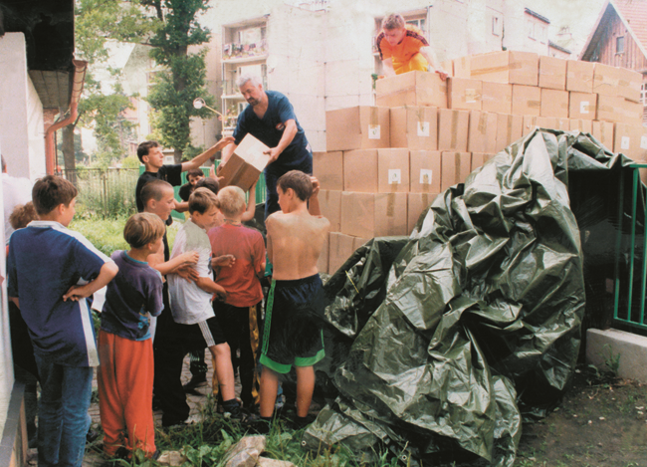
Poland, 1997. Photo: PAH – In July 1997, south-western Poland and neighbouring countries experienced the biggest flood in centuries. Thousands of people were evacuated from the flooded area; thousands lost their homes and property. It was the first time for the Polish Humanitarian Action to assist people suffering from the consequences of a natural disaster. Thanks to generous donations that had been flowing in from the very start, PAH was able to supply the people from flooded areas with drinking water and food, mattresses and sleeping bags, medicines, medical supplies, and hygiene kits. In addition, PAH financed the repairs and fit-out of houses, schools and youth centres and organised holidays for the children from the flooded areas.
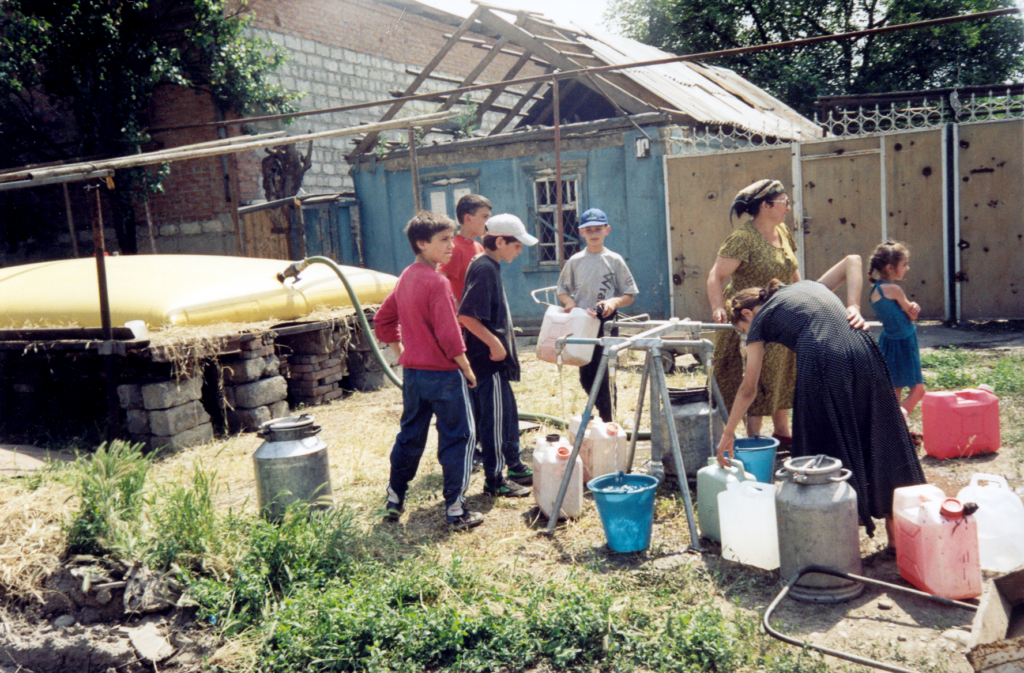
Chechnya, Grozny, 2000. Photo: PAH – PAH’s first attempt to help Chechnya took place back in 1995; however, it was quickly interrupted by the Russian authorities which did not look on humanitarian organisations with a friendly eye. PAH returned to Chechnya in 2000 and established its first permanent mission there. Moreover, in the Chechen capital city Grozny PAH was taking its first steps in terms of providing water and sanitary services by delivering water to the city inhabitants and mounting a water filter to deliver water to hospitals, schools and individual persons.
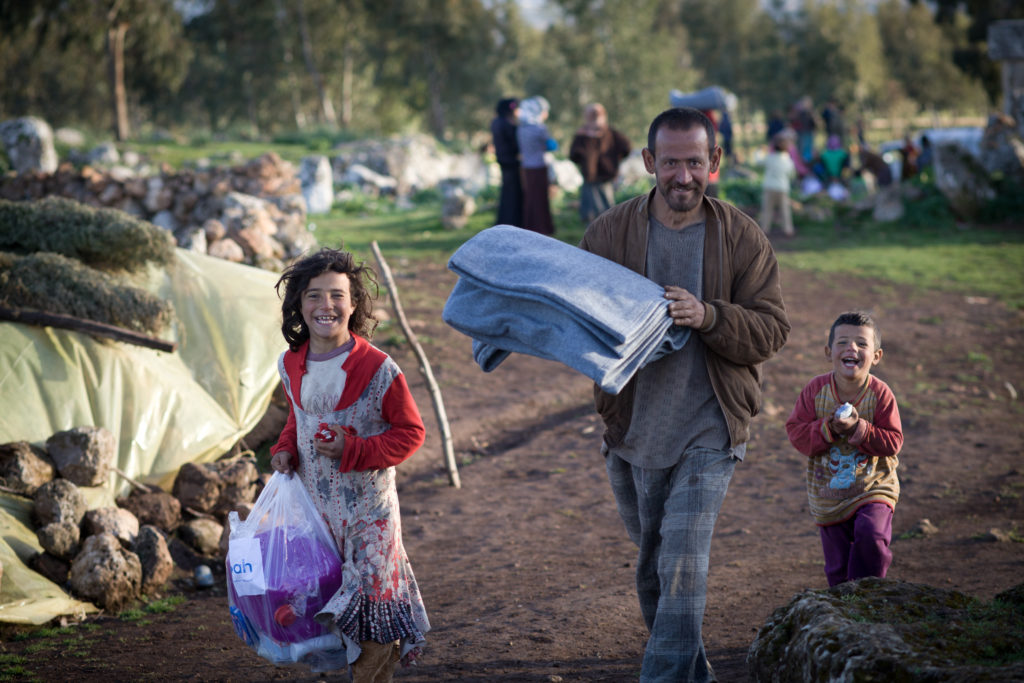
Syria, March 2013. Photo Maciej Moskwa/TESTIGO DOCUMENTARY – The conflict in Syria broke out in 2011 and continues until this day, influencing all aspects of life. PAH has been operating in Syria since 2012 and established a permanent mission there in 2013. The mission’s primary tasks include assisting IDPs fleeing from the conflict in search of a safe heaven. From the very start, PAH has been ensuring them access to drinking water and providing basic help and sanitary kits. PAH has also been providing food and cooperating with local bakeries, delivering flour and yeast so they can bake bread at fixed low prices that even the poorest can afford.
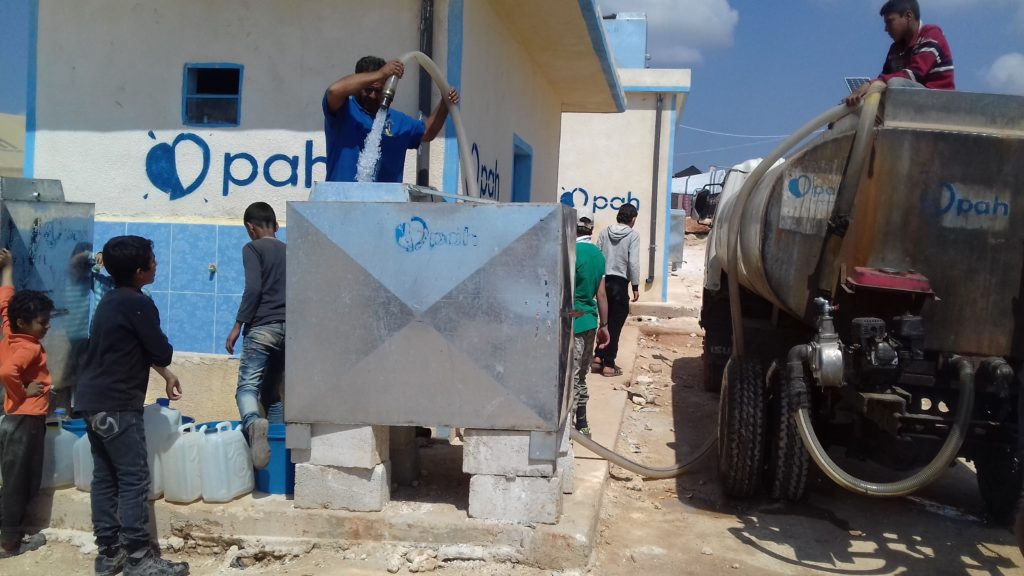
Syria, al-Kamouna camp, March 2017. Photo: PAH – In the camps for IDPs located in Idlib and Aleppo provinces, PAH has been delivering water as well as building pumping stations, latrines, and hand-washing stations. The organisation also ensures that good sanitary conditions are maintained by removing waste, distributing dustbins, and supplying hygiene kits with the most important products. The evacuation from eastern Aleppo in December 2016 sent shockwaves around the globe. Tens of thousands were evacuated from the city in a very short period of time. Thanks to a swift reaction of the Polish society, PAH was able to organise help for them immediately.
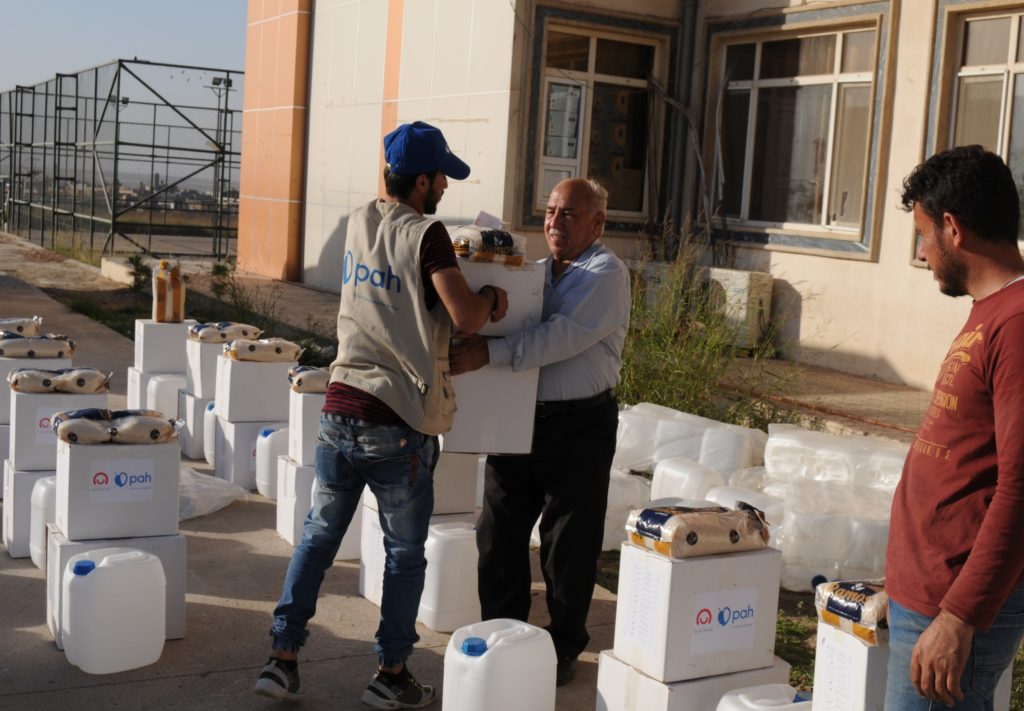
Iraq, Khattab, November 2017. Photo: PAH – The steadily deteriorating situation of civilians in Mosul in December 2016 met with a decisive response on the part of the Polish Humanitarian Action. The organisation supplied the city inhabitants with food packages, hygiene kits, and water. PAH is currently continuing its operation in the Iraqi Kurdistan, monitoring the situation of the internally displaced population and providing help tailored to its needs.
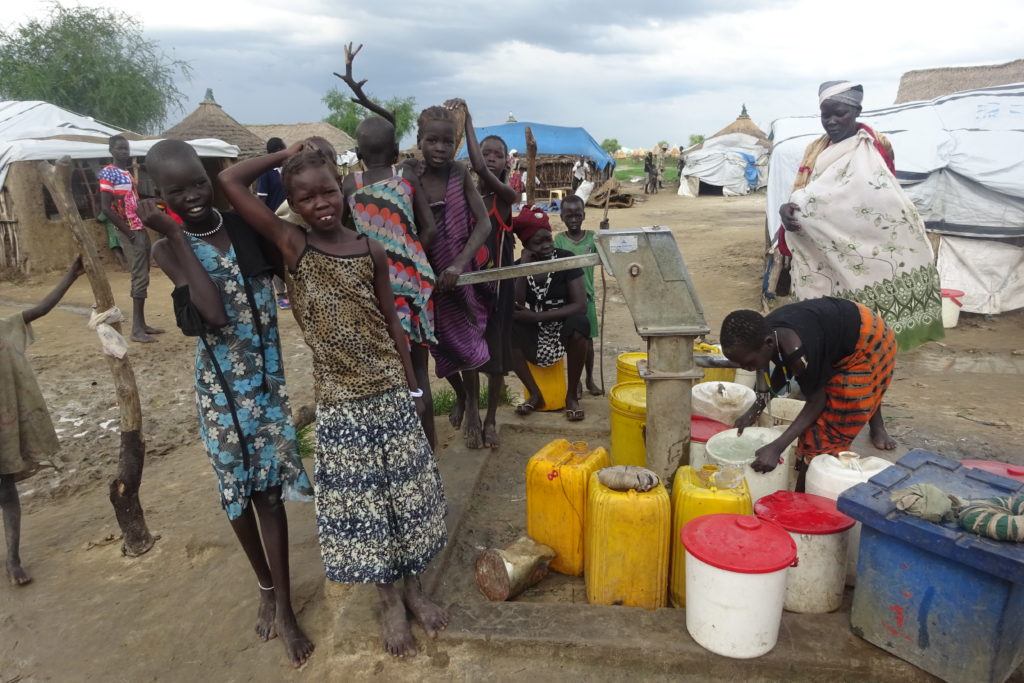
South Sudan, Yuai, August 2016. Photo: PAH – The Polish Humanitarian Action has been operating in South Sudan since 2006. Its priority has been to ensure access to drinking water and safe sanitary conditions. PAH has been constructing and repairing wells, latrines, and hand-washing stations. The organisation also ensures appropriate sanitary conditions at schools, provides educational services in the field of good sanitary practices, and supplies hygiene kits.
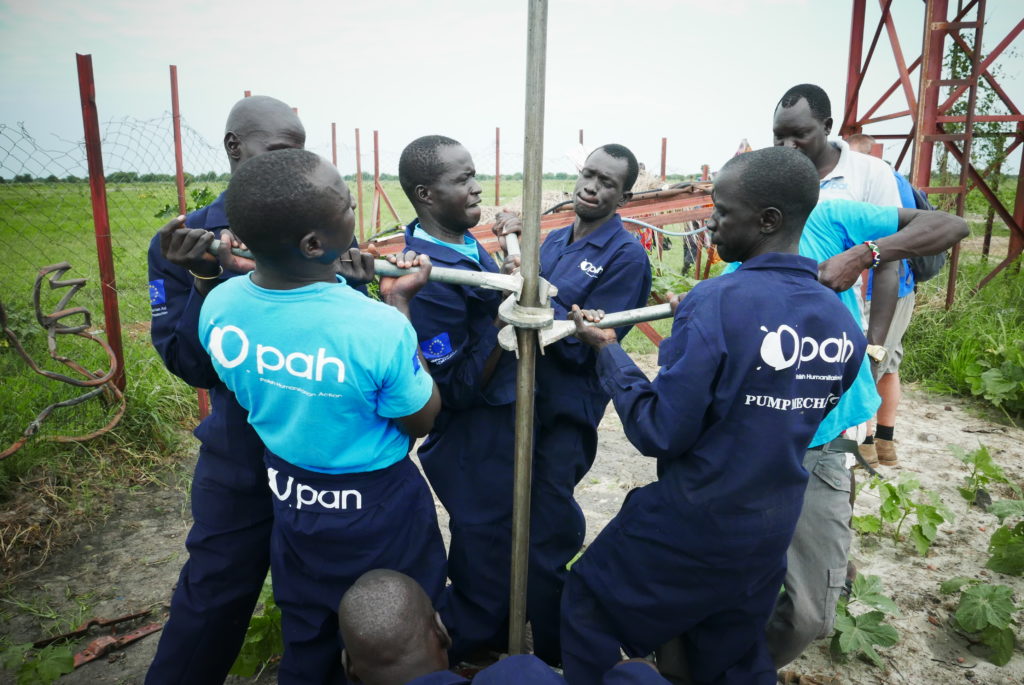
South Sudan, Buaw, June 2016. Photo: PAH – PAH’s Emergency Response Team (ERT) has been operating in South Sudan without interruptions since 2012. The ERT is prepared to provide mobile tailor-made assistance on an ongoing basis. The ERT has been distributing water purification tablets and basic products connected with drinking water and food safety as well as unclogging water intakes. Monitoring the current situation of the people in need determines the places reached by the ERT and the specific scope of help provided.
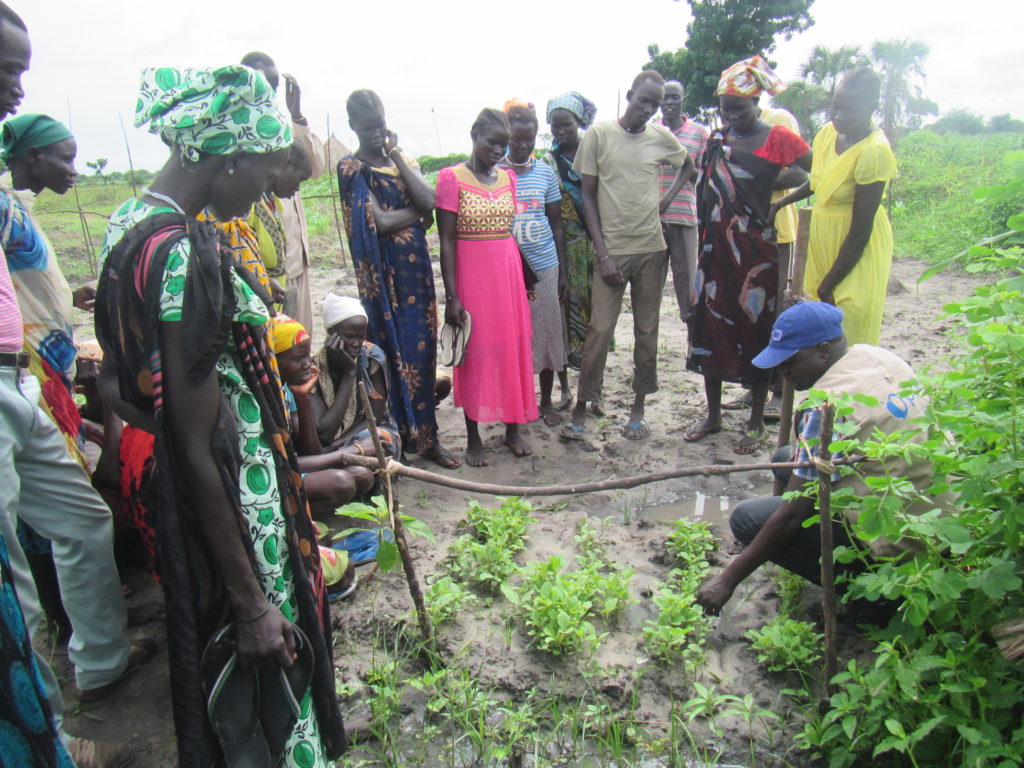
South Sudan, Koch, October 2017. Photo: PAH – As a result of an unstable political situation, an economic crisis, and a draught, six millions of the South Sudanese have no access to sufficient food sources. The crisis has been exacerbated by the internal migration of people who flee their homes in fear for their safety. The inhabitants of the Unity province are in a particularly difficult situation. The help provided by the Polish Humanitarian Action reached almost 4,000 of those in need, providing them with fishing equipment, vegetable and cereal seed packages, and farming trainings.
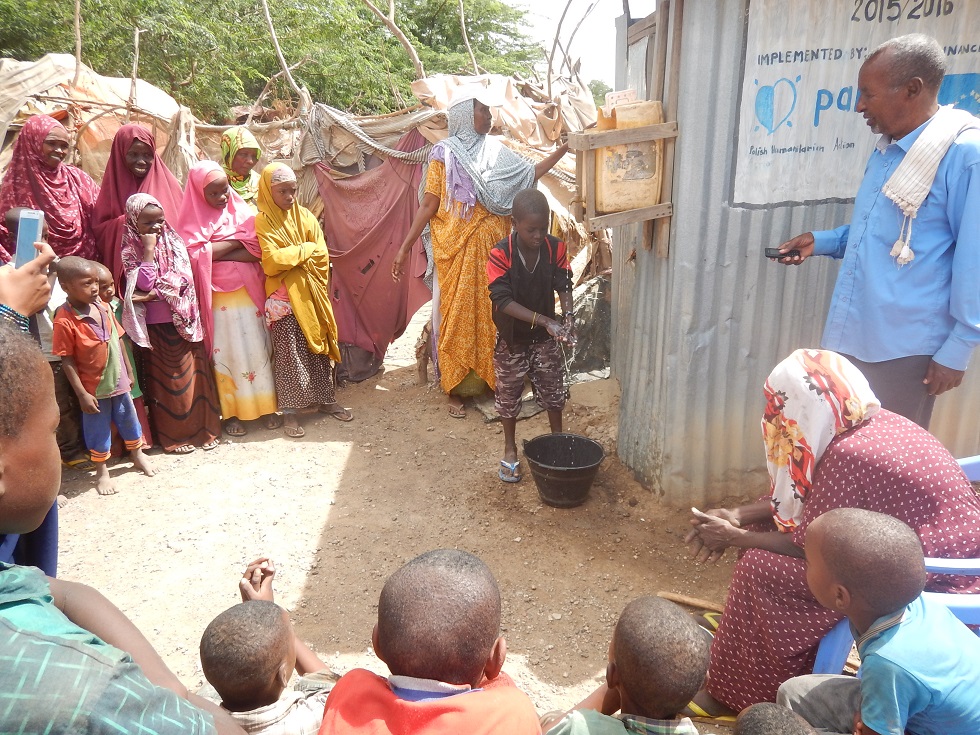
Somalia, Jowhar, September 2017. Photo: PAH – The situation in Somalia is very unstable. The long-standing conflict and a harsh climate force many people to leave their homes in search of safer living conditions. The Polish Humanitarian Action has been present in Somalia since 2011, ensuring access to drinking water and safe sanitary conditions. Close proximity to a water source helps not only prevent illnesses but also grow crops and raise animals, ensuring the Somalis access to food sources.
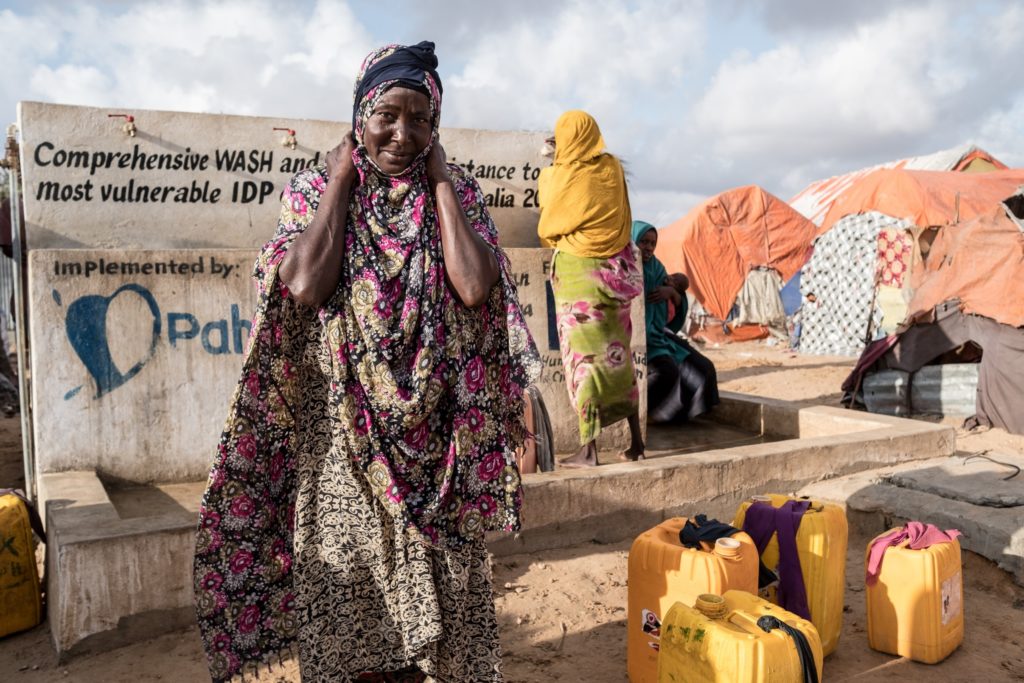
Somalia, Mogadishu, March 2017. Photo: Maciej Moskwa/TESTIGO DOCUMENTARY – In Somalia, PAH has been operating among others in the camps for internally displaced persons. Its activities include repairing existing water intakes, building latrines and hand-washing stations, and conducting trainings in good sanitary practices. Water committees, created and trained by PAH, are responsible for servicing and repairing water infrastructure and play an important role in improving the situation of the Somalis.
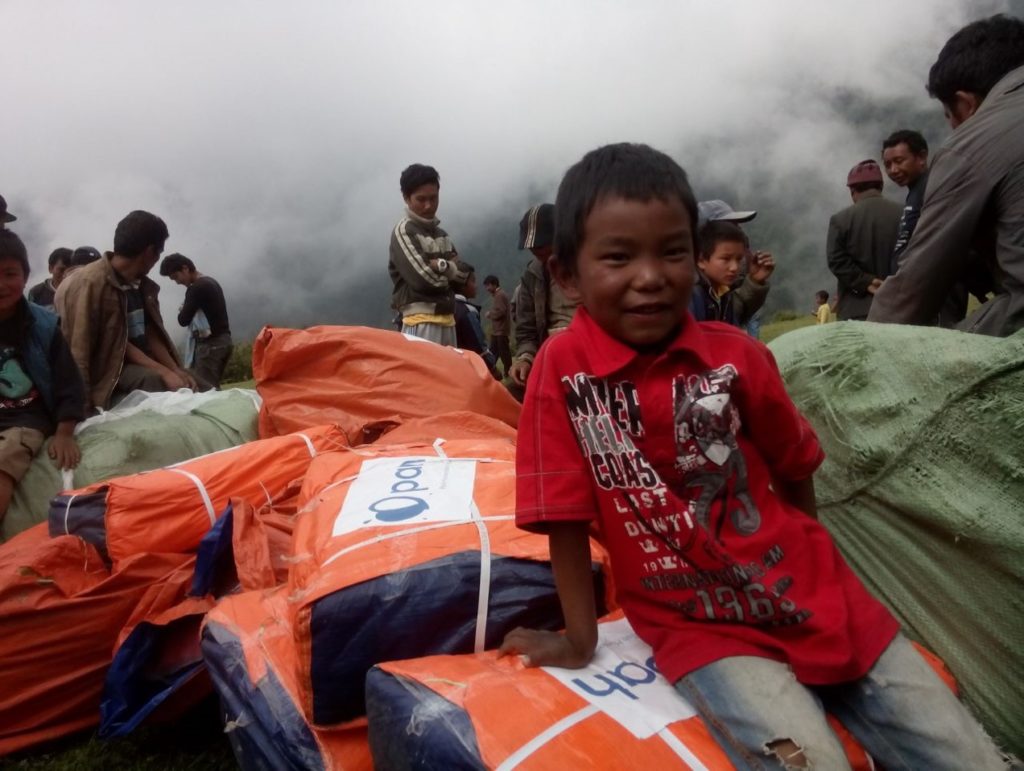
Nepal, Helambu, May 2015. Photo: PAH – A massive earthquake with a magnitude of 7.8Mw wrecked Nepal on 25 April 2015. The scale of destruction was immense, while providing assistance was impeded by the mountainous area and destroyed roads. The Poles reacted immediately: thanks to a mass-scale mobilisation of the Polish society and the media, the Polish Humanitarian Action was able to reach the place of the disaster a couple of days after the first tremors. The inhabitants of remote villages received materials to build temporary shelters, food, water purification tablets, and other basic products.
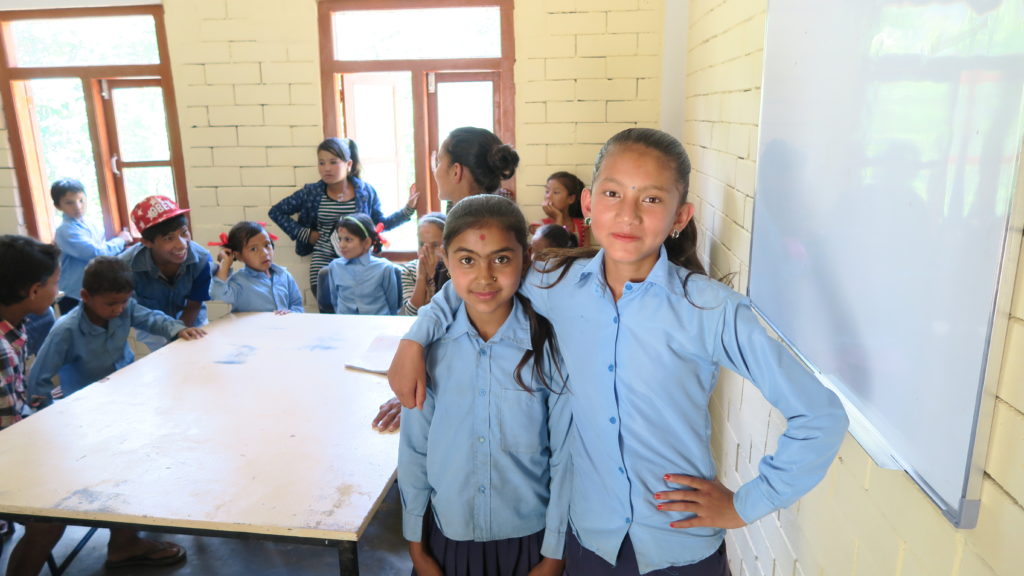
Nepal, Pancha Kanya, 2016. Photo: PAH – The earthquake not only deprived the Nepalese of their homes and property but also destroyed numerous public buildings and schools. In response to this problem, PAH decided to rebuild six schools in the mountainous Dhading district. The scale of public support for the reconstruction was unbelievable, featuring charity events, concerts, auctions, and donations. Pupils also got involved in the general effort: their grassroot initiative “Help instead of flowers” showed that everyone can help.
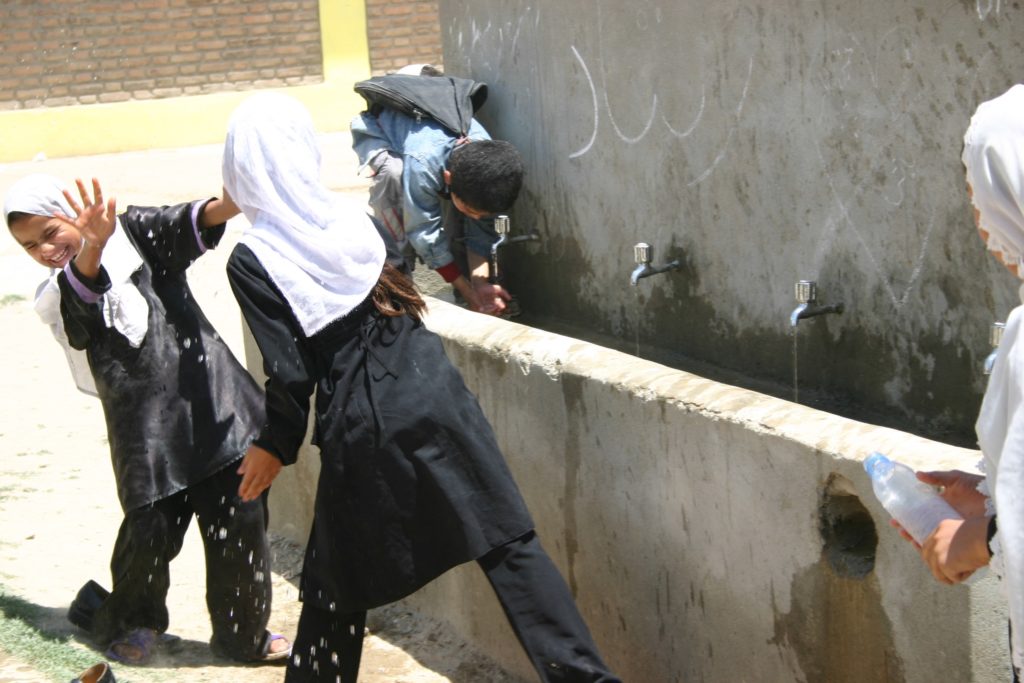
Palestinian Autonomy, West Bank, November 2006. Photo PAH – Wars, an arid climate and a low water volume have long made the living conditions of the population crowding the territory of the Palestinian Autonomy very difficult. PAH has been helping the Palestinians in the Gaza Strip and the West Bank since 2006, specialising in repairing and constructing water and sanitary infrastructure. The Foundation also renovated schools and supported the Palestinians in raising animals, ensuring an additional income for their households.
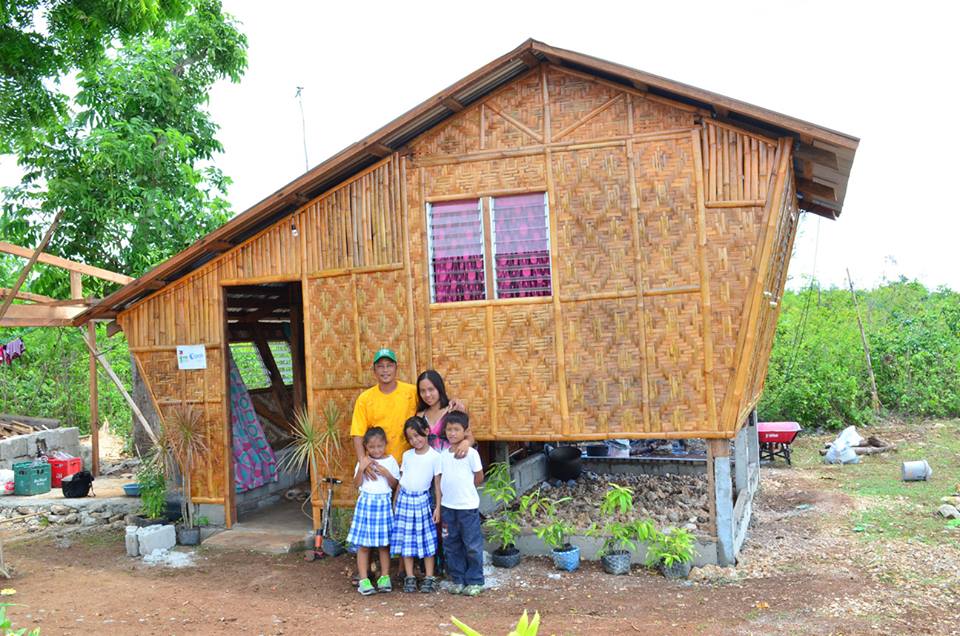
Philippines, Bantayan island, 2014. Photo: PAH – The Hayan typhoon hit the central part of the Philippines on 8 November 2013. The Polish Humanitarian Action rebuilt the houses of those Bantayan inhabitants who lost the most in the disaster. Together with the local university and volunteering engineers, PAH devised a structure based on traditional materials and construction methods that comprised innovative solutions ensuring a greater sturdiness. PAH also rebuilt the Santa Fe school.
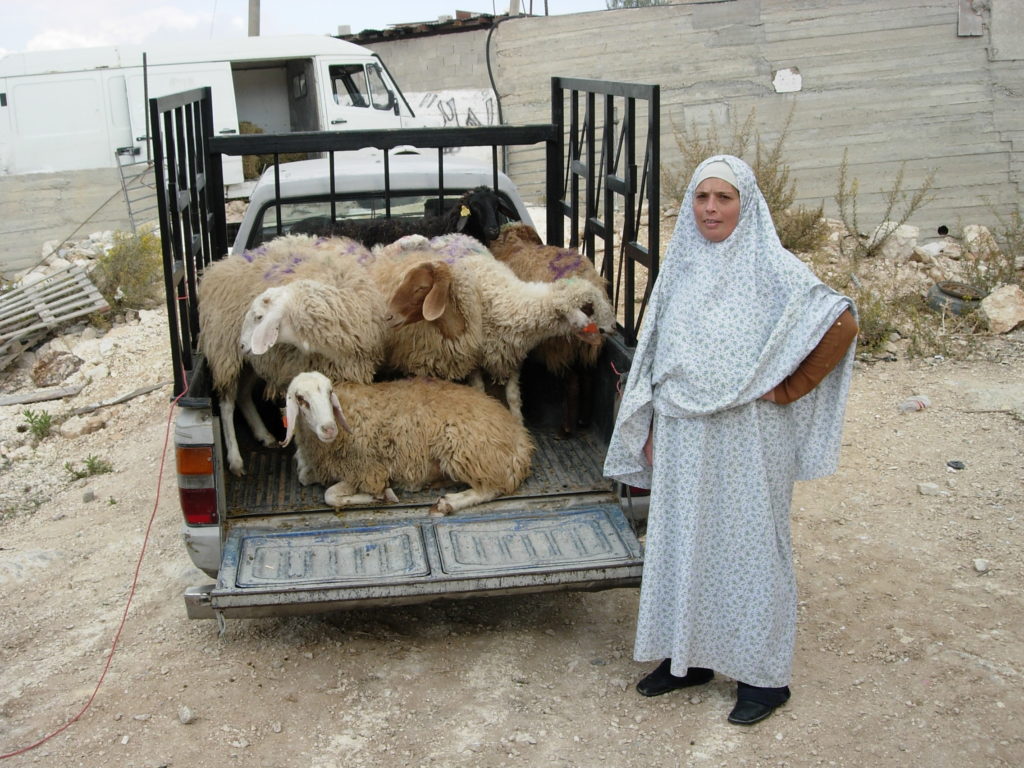
Palestinian Autonomy, West Bank, November 2006. Photo PAH – Wars, an arid climate and a low water volume have long made the living conditions of the population crowding the territory of the Palestinian Autonomy very difficult. PAH has been helping the Palestinians in the Gaza Strip and the West Bank since 2006, specialising in repairing and constructing water and sanitary infrastructure. The Foundation also renovated schools and supported the Palestinians in raising animals, ensuring an additional income for their households.
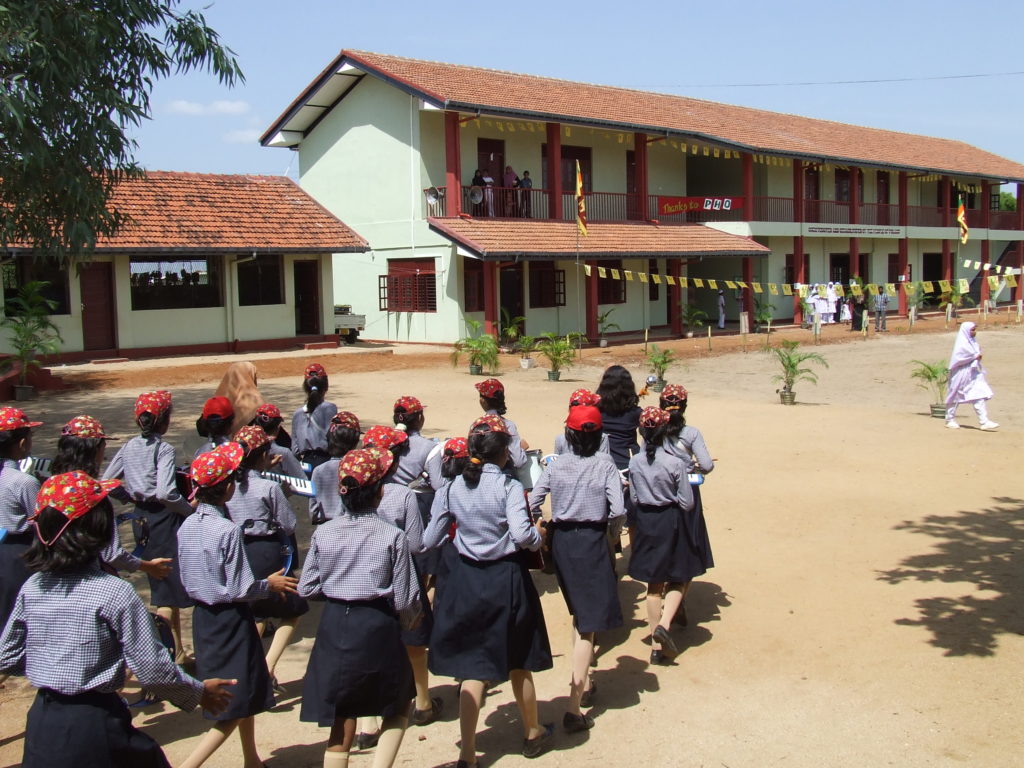
Sri Lanka, Al Shifaya, 2005. Photo: PAH – The world was shocked by the humanitarian crisis caused by the tsunami that laid waste to the coast of Indonesia, Sri Lanka, India and Thailand on 26 December 2004. Around 300,000 people died in a single instant, while millions lost their homes and access to food and water. Coastal villages and towns as well as many resorts and popular holiday destinations were completely destroyed. In January 2005, the Polish Humanitarian Action established a mission on the eastern coast of Sri Lanka, in one of the poorest regions of the country that was also among the most damaged by the tsunami. PAH’s assistance primarily consisted in rebuilding schools and building wells.


















